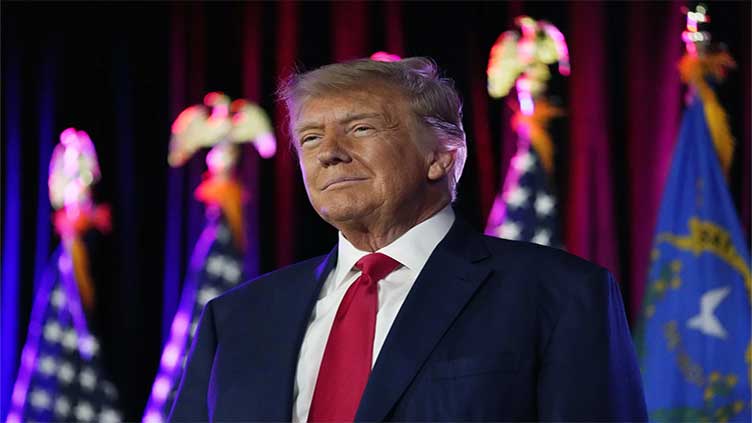Lawyers, Trump and money: Ex-president spends millions in donor cash on attorneys as legal woes grow

World
Lawyers, Trump and money: Ex-president spends millions in donor cash on attorneys as legal woes grow
WASHINGTON (AP) — Donald Trump’s political fundraising machine is raking in donations at a prodigious pace, but he’s spending tens of millions of dollars he’s bringing in to pay attorneys to deal with the escalating costs of the various criminal cases he is contending with as he moves further into the 2024 presidential campaign.
Campaign finance experts say using the money to pay for lawyers in cases not related to the campaign or officeholder duties appears to conflict with a federal ban on the personal use of donor dollars, even though the Federal Election Commission has ruled the prohibition doesn’t apply to so-called leadership political action committees. The massive amount of money going to lawyers also amplifies the urgency Trump is feeling to raise money both for the campaign and his legal defense, which is unfolding on multiple fronts.
Trump’s Save America political action committee has paid nearly $37 million to more than 60 law firms and individual attorneys since January 2022, Federal Election Commission records show. That amounts to more than half of the PAC’s total expenditures, according to an Associated Press analysis of campaign finance filings, and represents a staggering sum compared to other political organizations.
The bulk of the Trump PAC money went to law firms that have defended Trump against a series of criminal charges or in civil lawsuits. Other attorneys paid with the contributions worked on behalf of Trump’s businesses, his children, former White House aides and employees of the ex-president.
Footing the legal bills for co-defendants and potential witnesses raises additional thorny ethical questions: Will the attorneys paid by Trump be more loyal to him or their clients? If clients feel indebted to Trump, will they be less forthcoming about what they know?
“The way these cases get built is you persuade the little fish to testify against the big fish,” said Randall Eliason, a former federal prosecutor and criminal law professor at George Washington University Law School. “Well, if the little fish’s lawyer is being paid by the big fish that’s less likely to happen potentially.”


